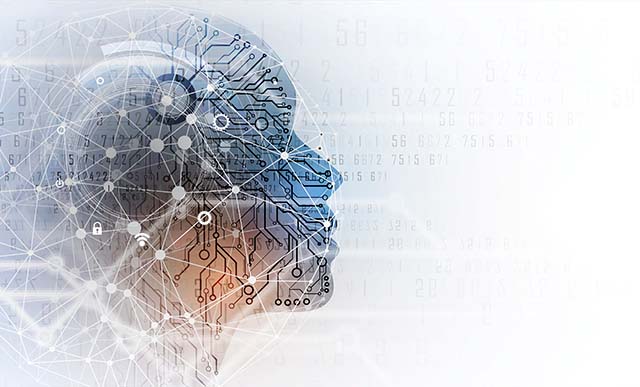The Amazing Ways AI and Machine Learning Are Used in the Gaming Industry
Long before artificial intelligence (AI) was a glimmer in the eye of the financial, transportation or healthcare industries, it was being developed and tested in the gaming community. Would you believe that the earliest instance of artificial intelligence in games was in 1952, when a UK graduate student created an AI system that could play a perfect game of tic-tac-toe? Gaming has driven a lot of the AI innovations and served as a proving ground for constructed environments and realism tests that are applicable in other industries. Today, AI developers are figuring out ways to make machines think, learn and develop their own personalities. These innovations will not only change gameplay but also affect our everyday lives. In fact, AI and gaming are intertwined in a symbiotic relationship.
Reinforcement Learning Is Essential for Adaptable Games
Explore related questions
What if a game could alter strategy or tactics based on the skill level of the player? That’s precisely the direction some gaming companies are heading. Reinforcement learning is a type of machine learning that allows the machine to learn its behavior based on feedback from the environment. There is great potential for advanced learning in games, but it must be used carefully to avoid common problems such as mimicking stupidity, set behavior and more.
Preserve Quality Player Experience
With today’s accelerating pace of machine learning enhancements, the first challenges to be tackled will be in support of game development and design, but teams are also tackling more advanced concerns, such as personalization of the gaming experience based on each individual player’s behavioral data. Above all, gaming companies are trying to find that sweet spot where AI provides more realism and natural interaction between players and environments and becomes sophisticated enough to respond realistically to live input rather than scripted plots. There are also intriguing marketing applications that AI can support, but only if a quality user experience is preserved.
Gaming Industry as the Testing Ground
As Google’s AlphaGo program proved, given enough data to analyze – in this case millions of played Go games – a machine can develop a competitive advantage by developing strategies that no human would be able to consider. But analyzing data is quite different from analyzing human emotion and relations. The gaming industry is now trying to tackle how to create emotional AI that more closely resembles human relationships. This technology would provide a better player experience, but it would also be beneficial outside the gaming world. As it has done in the past, video games can provide the testing ground to vet more elaborate AI, and then those learning experiences can be applied to other industries such as banking and scientific research. The reality is video game developers spurred the innovation that powers much of the AI progress that impacts other industries.
Both Humans and AI Are Needed
In a recent experiment at the Georgia Institute of Technology where AI recreated a game engine simply by watching gameplay, questions arose about the potential effect on human employment as is often the case with any example of a machine taking over a task that had historically been done by people. Researchers in this case responded that AI would “aid in development” and will help novice game developers reach levels of development that would have been out of their reach without AI assisting. Video games are made for the enjoyment of humans, and there’s only one surefire way to determine if a game keeps humans entertained and that’s having a human test it.
Changing the Leisure Industry with AI
The gaming industry is realizing the monetization opportunities when blending the gaming industry with real-world experiences such as at amusement parks on rides inspired or made to act like popular video games, movies and merchandising. There is a heightened attraction by venture capital firms to invest in AI that contributes to the gaming business and not just the gaming experience.
It would behoove us all to keep an eye on the gaming industry to see what might be emerging in terms of AI evolution and innovation. The gaming industry has proven time and time again that they are the testing ground for the technology that will ultimately influence our everyday lives.






